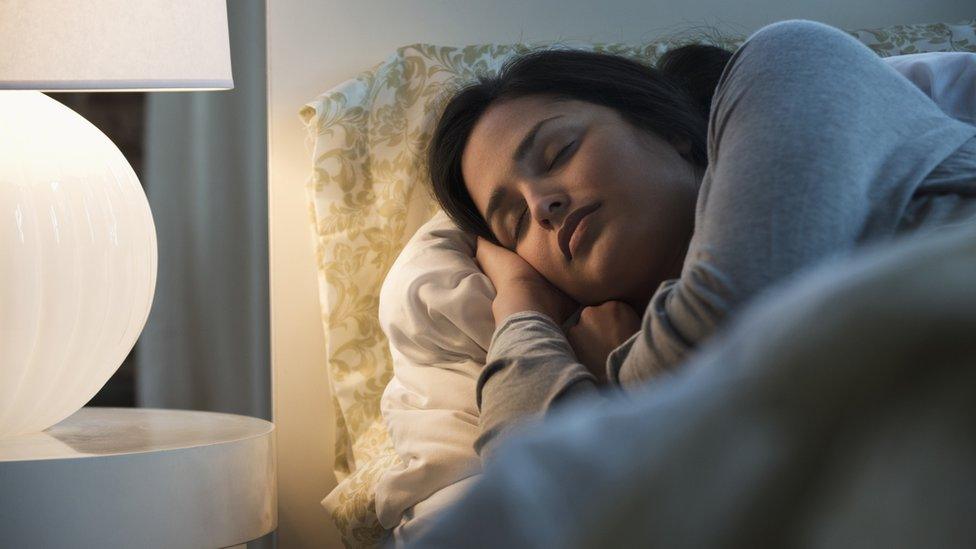Gut health: Goat milk firm's poo post box tests microbiome
- Published
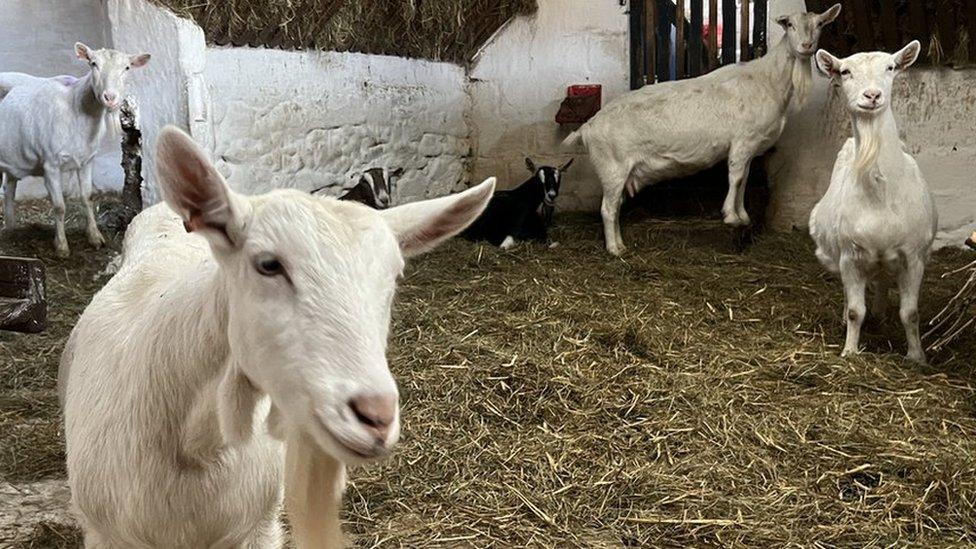
Chuckling Goat, who started off selling goat milk-based Kefir, now also analyses your poo
A goat milk company is examining customers' gut health through its poo post-box scheme.
Ceredigion-based Chuckling Goat has gone from selling its goat milk-based Kefir to launching a microbiome test kit with the University of Cambridge.
"We basically examine everything that's going on inside the microbiome," said co-founder Shann Jones.
It comes as one industry expert claims Wales has a "huge" opportunity to grow into the £2.8bn health tech sector.
Ms Jones said that the ability to do a gut health test in "the privacy and comfort of your own home has changed everything".
Fermented foods, such as Kefir, contain a variety of "good" bacteria which, if they can survive the journey to our gut, can be beneficial for our health.
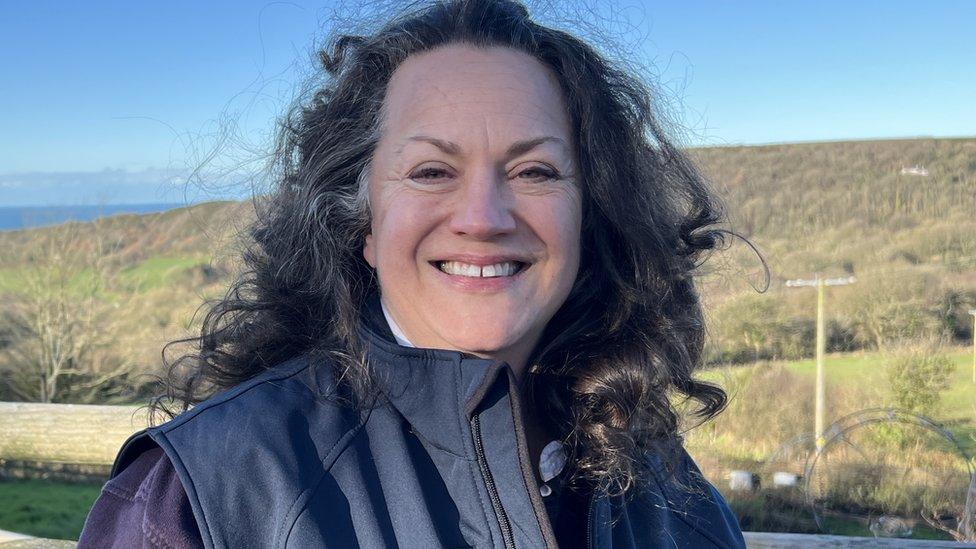
Shann Jones is a former American radio talk show host who moved to Wales and started Chuckling Goat with her Welsh husband Richard Jones
Ms Jones said the idea of gut health tests started when customers would ask her ask for solutions to medical problems, to which she was "just having to guess".
"When we saw that there was a microbiome test available that gave us an evidence based starting point to improve people's gut health, I was excited because I thought this is going to make my job a lot easier," she said.
The company, based in Brynhoffnant, Ceredigion, spent two years and £250,000 developing the microbiome test kit with the University of Cambridge.
Customers order the kit online and then send off a stool sample to the laboratories at the University of Cambridge.
"We give you answers about how you can improve your gut health from day one," Ms Jones added.
'We have a little poo post box'
At Cambridge, the stool samples are analysed by Dr Anton Enright and his team of scientists, who work to discover what bacteria is living in each gut.
"We have a little poo post box... so the kits come in [and] the team will work through 20 or 30 samples and get to the bacterial DNA," he said.
After that is processed in a DNA sequencer, Dr Enright and his team are provided with "lists of bacteria and how many times they've been seen".
This data is then used by Chuckling Goat to determine what product they can recommend to help with any health issues their customers might be living with.
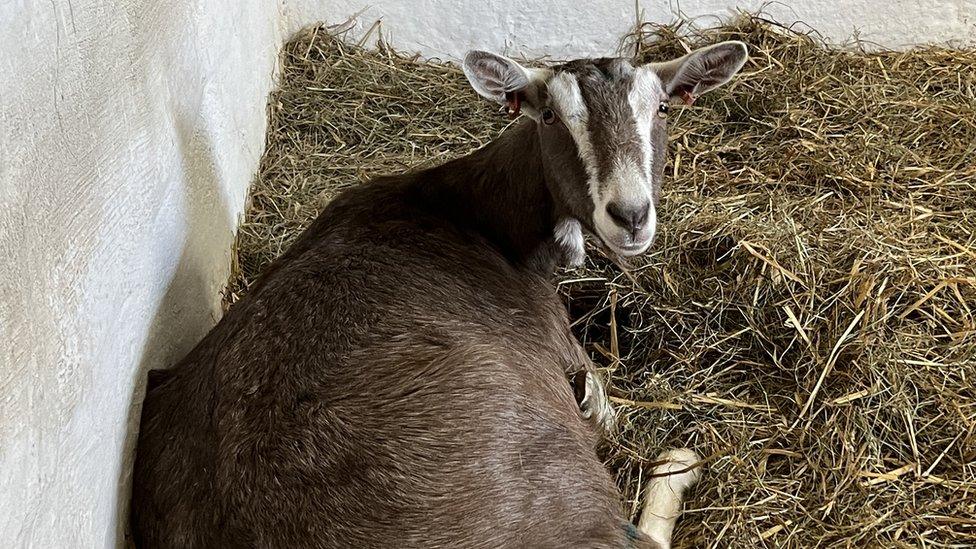
Fermented foods, such as Kefir, contain a variety of 'good' bacteria which can be beneficial for our health
According to Dr Rhodri Griffiths from the Life Sciences Hub Wales, it will provide both economic and health benefits.
"Technologies are now coming into health and offer huge potential to be able to keep people more at home, to reduce the need for hospital care," he said.
"It's not only beneficial to the public's health. There's an economic benefit also, with the life sciences industry worth £2.8bn to the Welsh economy in 2022.
"This market is worth billions around the world and is growing every year. So there's an opportunity to be able to take technologies from elsewhere and adopt them within Wales."

THE AUBERGINE CAFE: Kizzy visits Wales' first neurodivergent-led sanctuary
MYFANWY HAYCOCK: Jenni is on a mission to revive the legacy

Related topics
- Published13 May 2020
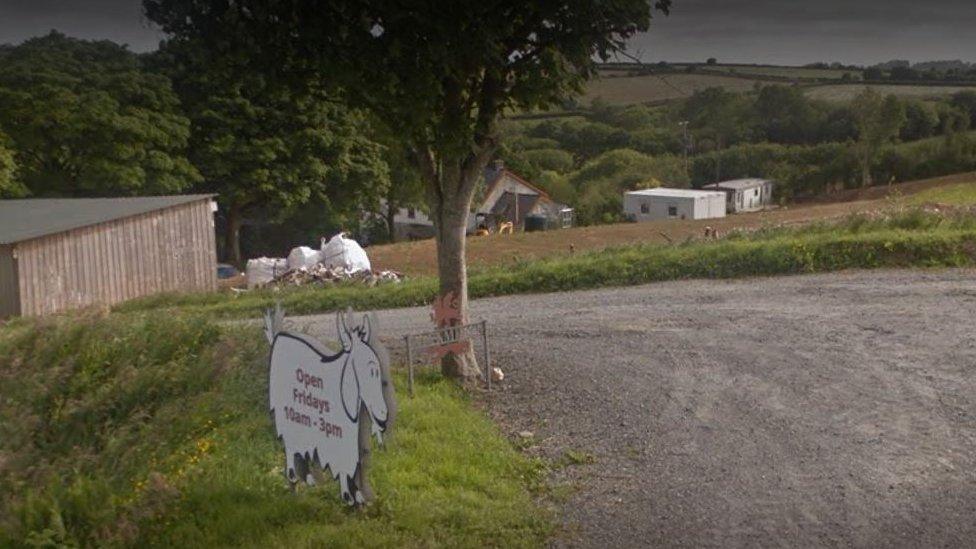
- Published24 April 2018
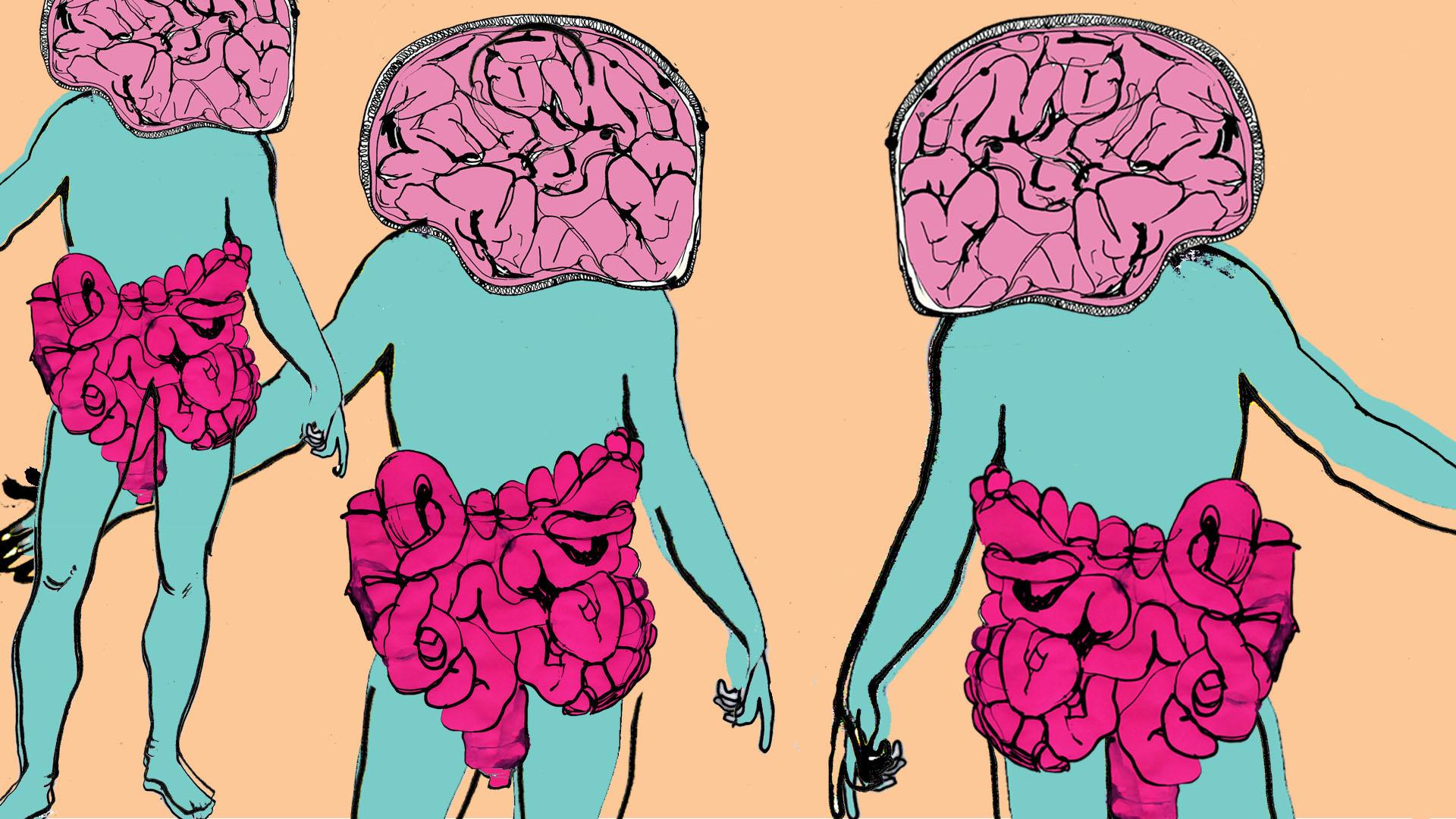
- Published2 August 2023
